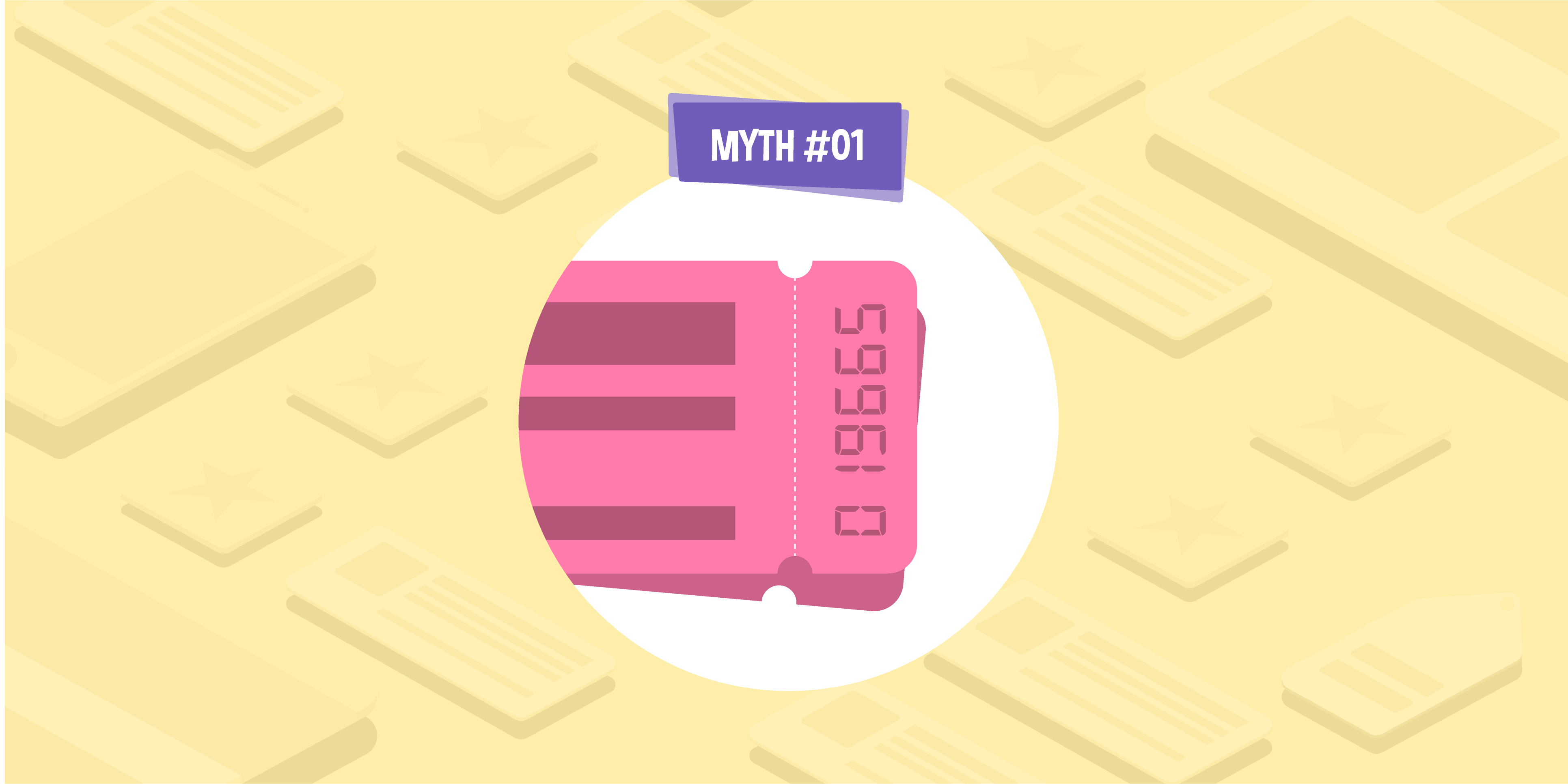
- 23 Mar 2023
SEO vs. PPC: How do they work together to boost sales?
- by Marc Swann
Trying to decide between SEO vs. PPC? Why not choose both? Both channels have their strengths and weaknesses, and sometimes it’s not a question of which is better, but how they can support each other. Here, we’ll be looking at what makes PPC and SEO the perfect partnership.
What’s the difference between SEO and PPC?
To understand why SEO and PPC work so well together, we need to look at the differences between them — it’s these differences that make them so complementary.
What is SEO marketing?
SEO uses content, link building, and technical elements to refine your website and help it rank higher in search engine results. Put simply, you’ll target certain keywords in your onsite content so Google recognises the relevance of the pages, which in turn can help you rank for those keywords. SEO focuses on organic results, which means you won’t pay for impressions or clicks, making it a very cost-effective strategy in the long term. However, SEO tactics can take time to produce results, so if you hire an SEO expert to do it for you, you’ll need to budget for the initial cost. That being said, the results are long-lasting, so the return on investment is higher than with paid search.
The benefits of SEO are:
- Improved authority
- Better brand awareness
- More traffic
- Long-term impact
- Higher click-through rate
- Greater ROI
- Improves credibility and trustworthiness
- Targets every stage of the buying funnel
The downsides of SEO are:
- Results can take time
- Results aren’t guaranteed
- Will need to be monitored regularly
What is PPC marketing?
PPC is a multi-functional marketing strategy. Using both visual- and text-based ads across Google’s array of networks, including Search, Display, Shopping, Maps, Discovery, YouTube, and Gmail, it aims to reach users at all touchpoints in the buying journey.
Like SEO, PPC also involves some keyword targeting, but you’ll pay each time someone clicks through to your site — hence the term pay-per-click. The cost will vary depending on your target keyword and your competition.
The benefits of PPC are:
- Prominent position on the SERP
- Improves brand awareness
- Option of visual product listing ads
- Advanced targeting
- Potential of a remarketing strategy
- Quick results
- Cost-effective
- Visibility across different platforms and networks
- Control over brand messaging
- More transparent ROI
- Great for promoting sales and offers
The downsides of PPC are:
- Costs can add up if you’re not careful
- Clicks don’t always lead to sales
- A poor-quality site or product feed can affect the amount you pay, as well as results
- Data collection can take a few months so it can be a while before you can properly optimise performance towards your KPIs
- If the shopping feed goes down, product ads also go down
How PPC and SEO work together
SEO and PPC both have their obvious differences and similarities which make them complementary forms of marketing. Rather than choosing one or the other, you can incorporate both PPC and SEO into your strategy, to plug any gaps and maximise your visibility.
Here’s how it works…
Fill in any keyword gaps
With a combined approach, you can use PPC to fill in any keyword gaps in your SEO strategy to increase your visibility in the SERP and improve your chances of getting a click. This can be done in a few ways. First of all, you can use ads to gain exposure for more competitive terms that could be difficult to achieve organically. Secondly, as SEO can take time, paid ads can also help to improve your immediate visibility for your key terms while you wait for your SEO work to take effect. Plus, if competitors start bidding on or optimising for your brand term at any point, a Paid Search ad can ensure you still keep the top position in the SERP.
As they’re so similar, SEO and PPC work can cannibalise each other if you’re not careful. You don’t want to spend money on ads for keywords that you’re already ranking highly for, as you’ll be paying for clicks that you’ll likely get for free through organic rankings. One of the biggest advantages of running SEO and PPC campaigns with the same agency is that the teams can work together to ensure your efforts aren’t cannibalising each other, so you’re only getting the best from each approach.
Keep your rankings during a site migration
One of the biggest concerns many people have when migrating their site is the potential for a temporary loss of traffic as a result of the change. While your site should recover from this — and the migration will put you in a stronger position for growth — you may be wondering how you can minimise the effects. Alongside filling in any keyword gaps, effective Paid Search ads can hold the fort in the SERP as you’re going through a site migration, helping to drive traffic through to your site when organic traffic briefly dips.
Share your keywords
Utilising PPC and SEO also means you can improve your focus and gain greater insight into your audience. You can see how potential customers interact with your marketing efforts using cross-channel reporting to further refine your approach. Paid search allows for A/B testing, meaning PPC marketers can pass any profitable search terms or copy onto the SEO team, to guide content and encourage long-term traffic and conversions. In short, PPC allows you to test the waters of your keyword strategy before applying it to SEO. And, once your Paid Search insights have helped tailor your SEO metadata, this can be mirrored in ad copy, further boosting rankings and improving your quality score.
The simplest way to do this is by linking your Google Ads account with Google Search Console, so you can easily see how certain terms are performing across both channels. Many keyword research tools like Google Keyword Planner, Ahrefs, and Semrush also offer PPC and SEO data, so you can easily compare your strategies in one place.
Incorporate remarketing
SEO is great for driving organic results, but users have to actively search for your brand or service before they find you. This makes remarketing difficult. Luckily, PPC can lend a helping hand. Thanks to its ability to remarket audiences and use historical data, Google Ads’ automated bidding is an incredibly powerful tool, equipped with the necessary information to re-engage with users further down the line. By creating retargeting ads, you can send gentle reminders to past site visitors or previous customers encouraging them to complete their purchase or showing them other products that they may be interested in, further driving conversions.
Optimise your landing pages
PPC can benefit from the strengths of SEO as well. As with any page on your site, a good user experience can make or break a sale. If your PPC landing pages don’t offer good UX, you’ll likely end up with a high bounce rate and low conversions, all while paying for the privilege. This is why Google offers PPC quality scores. A higher quality score improves your ad position in the SERP and may also reduce the cost-per-click of your ad. Optimising your landing pages with relevant content, a strong call-to-action, and quick loading times can create the perfect combination of reduced ad spend and a higher conversion rate.
On their own, SEO and PPC strategies can be great for meeting your business goals, but an integrated approach can help take your marketing to the next level. We specialise in both SEO and PPC here at Glass Digital. If you’re interested in seeing how our SEO experts and award-winning PPC team can help you develop the perfect strategy, get in touch today.
Marc Swann
Search Director

